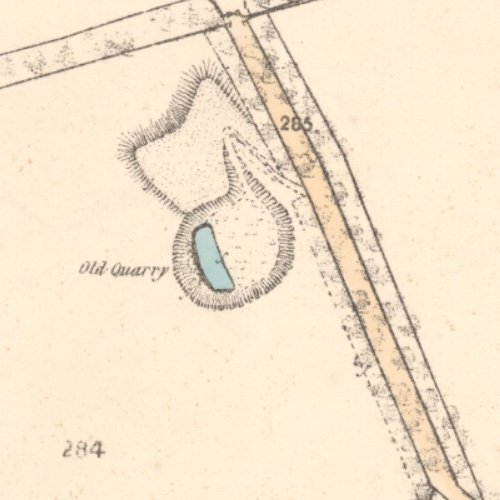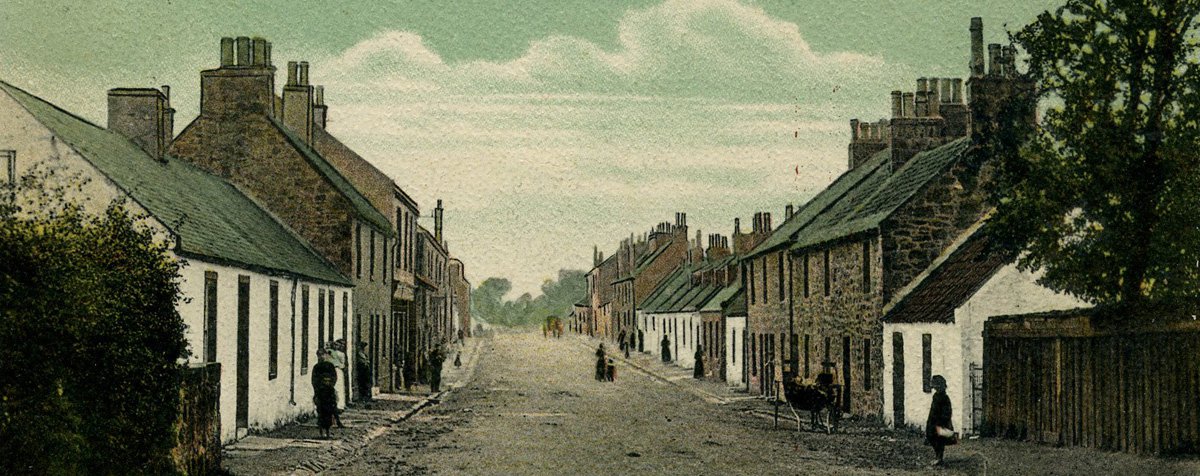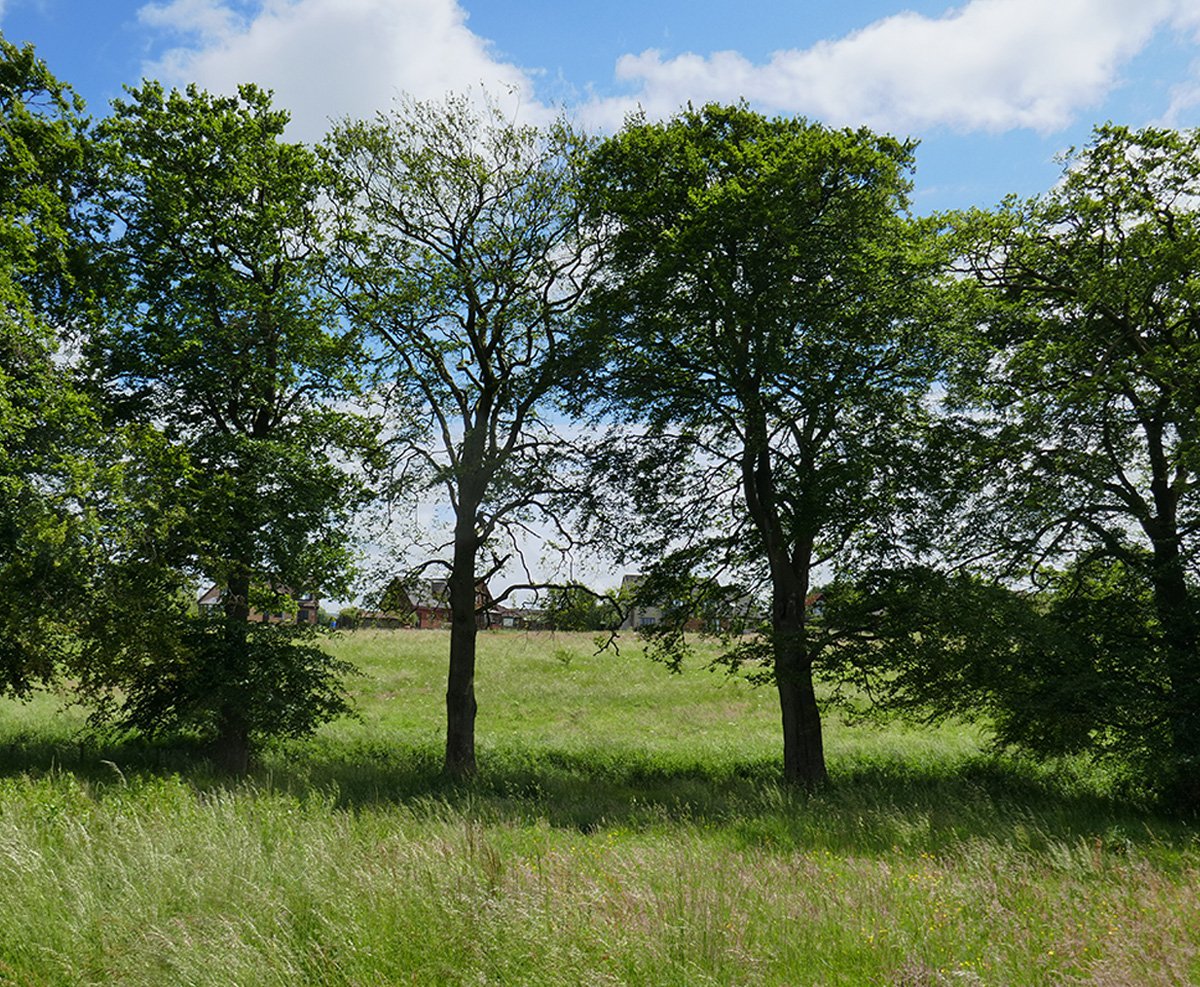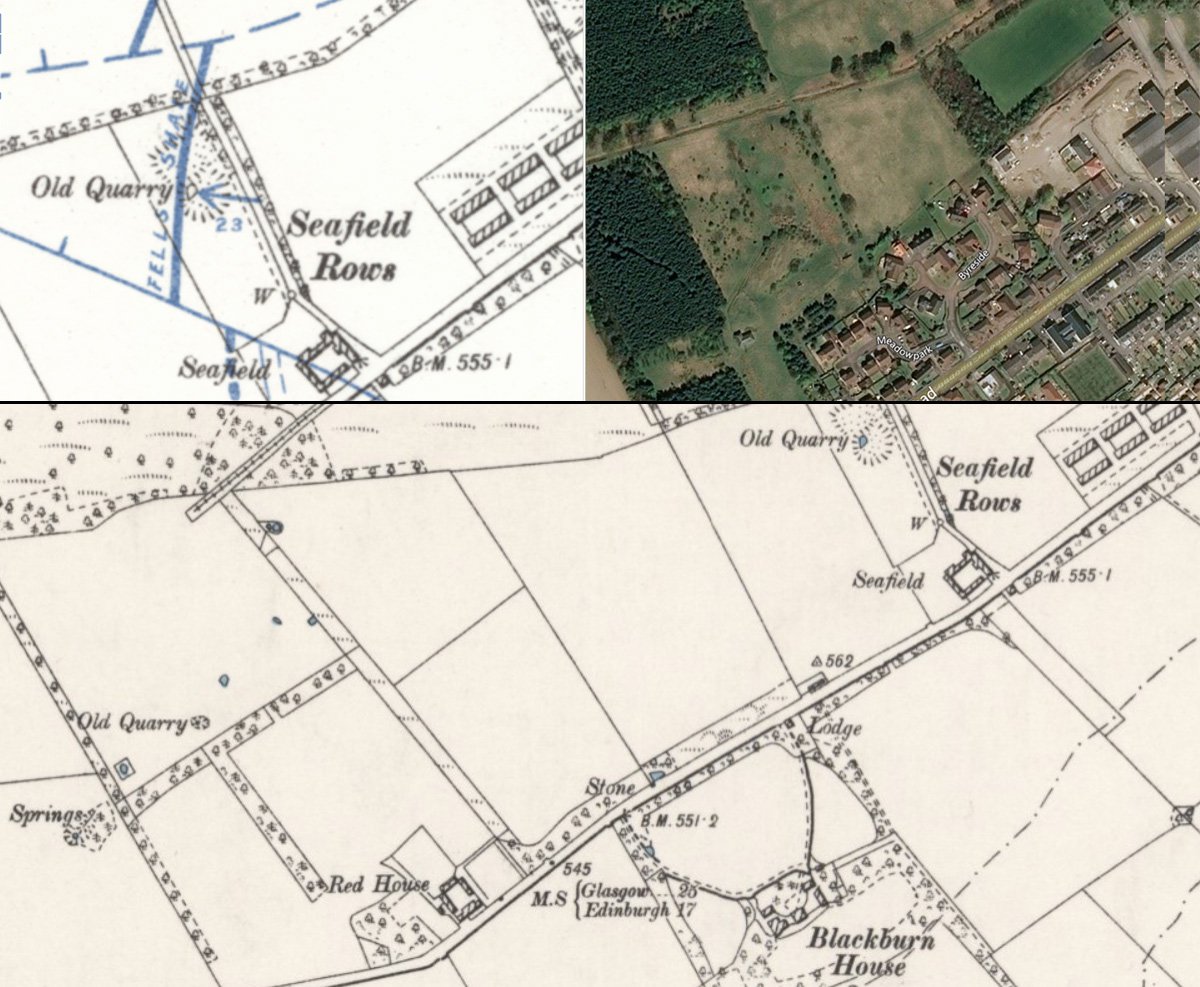The Eccentric Dougall Brothers – Blackburn's Oil Tycoons?
Looking for Blackburn Oil Works
During the “oil mania” of the mid 1860's, dozens of small oil works were hastily constructed across West Lothian as landowners and businessmen dreamt of making their fortune as a shale oil tycoon. The bubble soon burst as oil prices plummeted, and most works produced little oil before being abandoned.

Many of these short-lived works left scant record of their existence, and the precise location of many is unknown. The Blackburn shale oil works was one of the most enigmatic of these oil mania enterprises.
In December 1865, the minerals in the lands of Blackburn were advertised for lease, including a “valuable field of shale” said to yield an impressive 37 gallons of crude oil per ton. Records suggest that the Blackburn Mineral Oil Company constructed an oil works somewhere near Blackburn House in about 1866, but these were closed and demolished prior to 1868. One accounts suggests that thirty retorts were built (representing a sizeable investment) but these produced oil for only two or three months before the supply of shale ran out. A further £800 was then spent in a fruitless search to find more shale.
The oil works were said to be “near Blackburn House”, but there are few clues on later maps as to likely locations. Maps from the 1890's show various heaps and hollows in the fields north of the Livingston to Blackburn road, but these probably relate to early coal workings, rather than the shale industry. A little to the north of Seafield farm, maps show an abandoned quarry. Building stone was worked here during the 1840's which seems likely to have exposing an outcrop of the Fells oil shale. Perhaps the oil works used shale exposed in the old quarry or dumped among the quarry waste?
There is equal uncertainty about the business masterminds behind the Blackburn Mineral Oil Company, recorded as the “Dougall brothers” or “Dougal and brothers”.
At the time when the oil works were in operation, a public house, grocer's shop, and other property in the village of Blackburn were owned by James, William and David Dougall. The three brothers were (in 1865) aged 64, 58 and 48 years old. It might be imagined that these men of property would have the capital to invest in a shale oil business, and may well have been the “Dougall brothers” behind the Blackburn oil works.
The three unmarried brothers lived together, and had quite a reputation for their eccentric behaviour. It was reported that “they seem to have a peculiar mode of living, as no woman was ever known to do anything necessary in their household matters, each taking his turn in all things relating thereto”. It also seems that adhered to a family code of honour in which one brother might be punished by the others for various transgressions.
Their peculiar habits and odd behaviour may have been exploited by business rival when rumours were circulated that the older brother James was being held captive by his brothers. Sensational newspaper accounts described how James had been forcebly confined for several years within a box bed measuring only 4ft x 6ft. It was claimed that when discovered by the authorities, he was emaciated, covered with dirt and vermin “with clothing quite rotten”. His finger and toe nails were said to be almost two inches long.
The matter was examined by the Procurator Fiscal, who eventually accepted that the newspaper account was a gross exaduration. The spirit licence of the public-house had been held by the imprisoned James, and when it was revealled that he was now unfit to hold that responsibility his two brothers applied to take over the licence. A petition signed by the minister and most of the population of the village testified that “the family were honest and highly respectable people.” “They might be eccentric, and have their peculiarities, but not the slightest imputation could be made against their moral character and their ability to hold and properly use the license.” This however this was not a view shared by the licencing board, who refused to transfer the licence and ordered that the public house be closed.
Over the next few weeks a series of letters were published in the local press, supporting the Dougall brothers, and expressing concern that the learned licencing justices should be swayed by such “old wives clish-ma-clavers” (gossip) . The authorities eventually relented and granted the licence. Blackburn got its pub back, but its oil works disappeared without trace.


